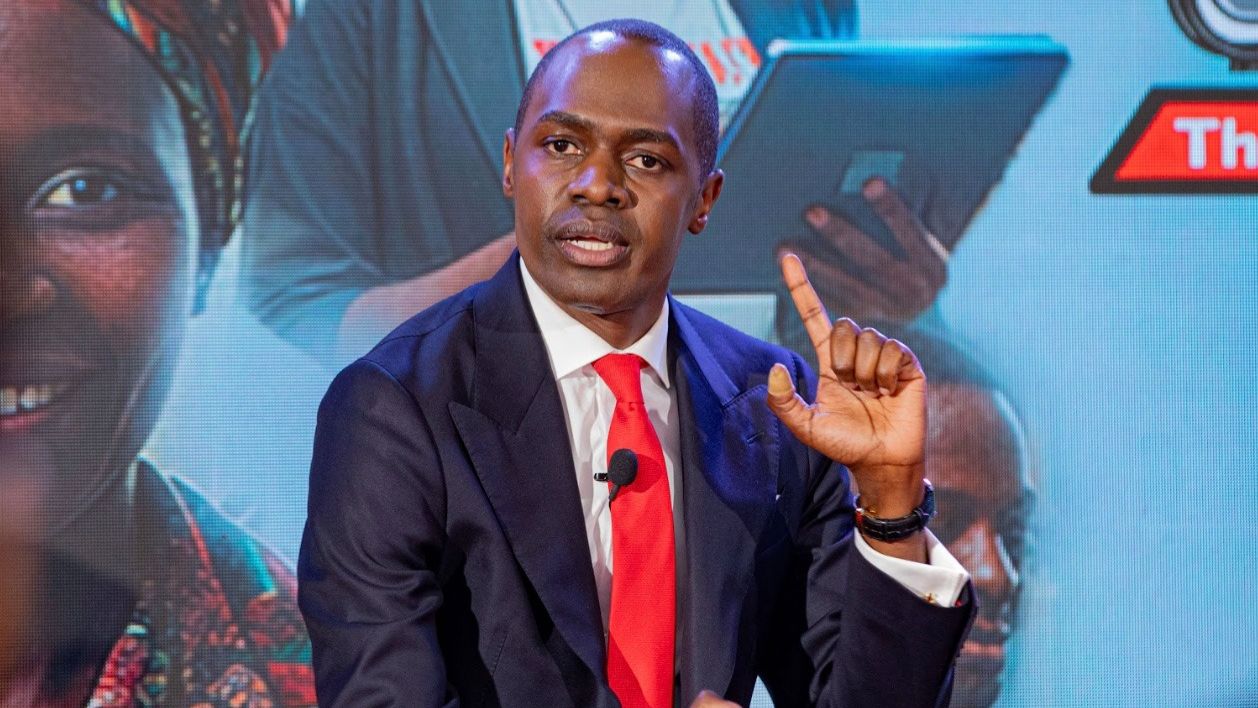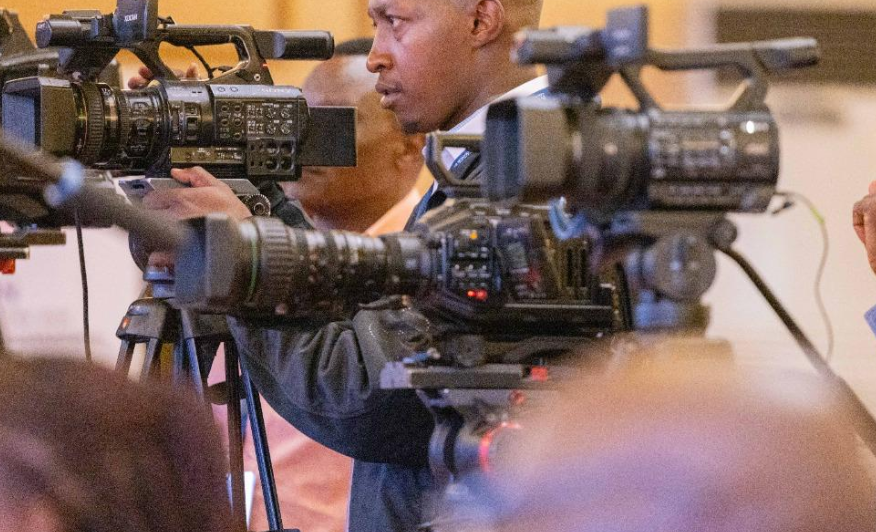By Kevin Mabonga
Think about how much of your day involves communication: phone calls, face-to-face meetings, presentations, text messages, and even casual conversations. Proper communication is essential when interacting with family members, colleagues, or people you have never met, regardless of the channel. However, it can also be challenging to get right.
I agree with former United States President Gerald R. Ford on the importance of effective communication. He says, “ Nothing in life is more important than the ability to communicate effectively.”
Humans are drawn to one another and communicate in different contexts. Each individual fills different roles daily, depending on the context of an interaction. Every interaction has a common need for clear and effective communication.
Several elements are involved in creating and maintaining lasting and genuine relationships through communication, two of which are recognising body language cues and using practical listening skills. Incorrectly using these elements, one can see an improvement in the quality of social interactions and increased confidence in engaging with others in a social capacity. These benefits can be essential for building lasting relationships.
Read More
Communication can be deemed effective if the message is received and understood with clarity and purpose, resulting in satisfaction for both the sender and receiver. The 7 Cs can help us define effective communication: clear, concise, concrete, correct, coherent, complete, and courteous.
Effective communication benefits at personal and professional levels—it helps prevent or resolve conflict, improves engagement, increases efficiency, and builds trust. To master communication, you should have language skills, namely listening, speaking, reading, and writing.
How crucial are Channels of communication?
Communication channels are critical in ensuring effective communication. The primary channels are written, oral or spoken, electronic, and multimedia. Oral channels depend on the spoken word and include face-to-face, in-person presentations, group presentations, telephone, video meetings, conferences, speeches, and lectures.
These channels are advantageous because body language and voice intonation also provide meaning for the receiver, allowing immediate feedback of the communication to the sender. Additionally, it is easier to build relationships and trust, and decision-making is accelerated due to immediate feedback.

On the other hand, written communications include e-mails, texts, memos, letters, documents, reports, and newsletters. In written communications, the writer must provide enough context to interpret the words quickly.
Written messages are effective when transmitting large messages. Formal communications, such as letters, contracts, budgets, and proposals, should always be written. A key advantage is that the message can be revised for exactness and archived for reference.
Television broadcasts and web-based communications, such as social media, interactive websites, and blogs, belong to this growing category of communication channels. Electronic communications allow messages to be sent instantaneously and globally. There is instant feedback, and information can easily be shared on different platforms.
Someone would ask whether the best communication channel exists. I think the best channel is the one that most effectively delivers the message to be understood as the sender intended, considering the message and audience. Sometimes, you might use multiple communication channels for various reasons, including reaching different audiences or just for follow-up.
The Audience
Have you ever been in a situation where someone responded by asking for further information or clarity on some issues after speaking or writing to you or simply asked what you meant?
Effective communication centres on the audience. If you share a message with an audience that doesn’t make sense to them, or they can’t connect with it, you lose them. The key is knowing your audiences and presenting the information they want to hear, along with the information they need to hear, in a way that works best for them. When you think about message delivery in those terms, you're setting up yourself and your audiences for a positive communication experience.
Effective communicators seem to adjust their styles to their audience intuitively, but this skill can also be learned. The way the information is conveyed should complement the audience, whether one person or a roomful of people.
Body language and non-verbal communication
We can't ignore non-verbal communication in this discussion. Your facial expressions, gestures, posture, and tone of voice are powerful communication tools. How you listen, look, move, and react—tell the person you’re communicating with whether or not you care, if you’re being truthful, and how well you’re listening. Your nonverbal signals match your words and increase trust, clarity, and rapport.
They can generate tension, mistrust, and confusion when they don't. Nonverbal cues communicate to others subconsciously, causing individuals to regard nonverbal communication as “true” because it provides accurate cues and emotions.
Therefore, we need the skills to be effective communicators. When communication is effective, it leaves all parties involved fulfilled and feeling accomplished. By delivering messages clearly, there is no room for misunderstanding or alteration of messages, which decreases the potential for conflict. In situations where conflict does arise, effective communication is a crucial factor to ensure that the situation is resolved respectfully. Communicating can be a make-or-break factor in securing a job, maintaining a healthy relationship, and self-expression.
The good news is that anyone can be a great communicator. The best communicators spend time developing, practising, and incorporating feedback into their communication efforts.
Kevin Mbonga is a Communications Specialist who works at the Katiba Institute









-1772458092.jpg)
-1772456632.png)
